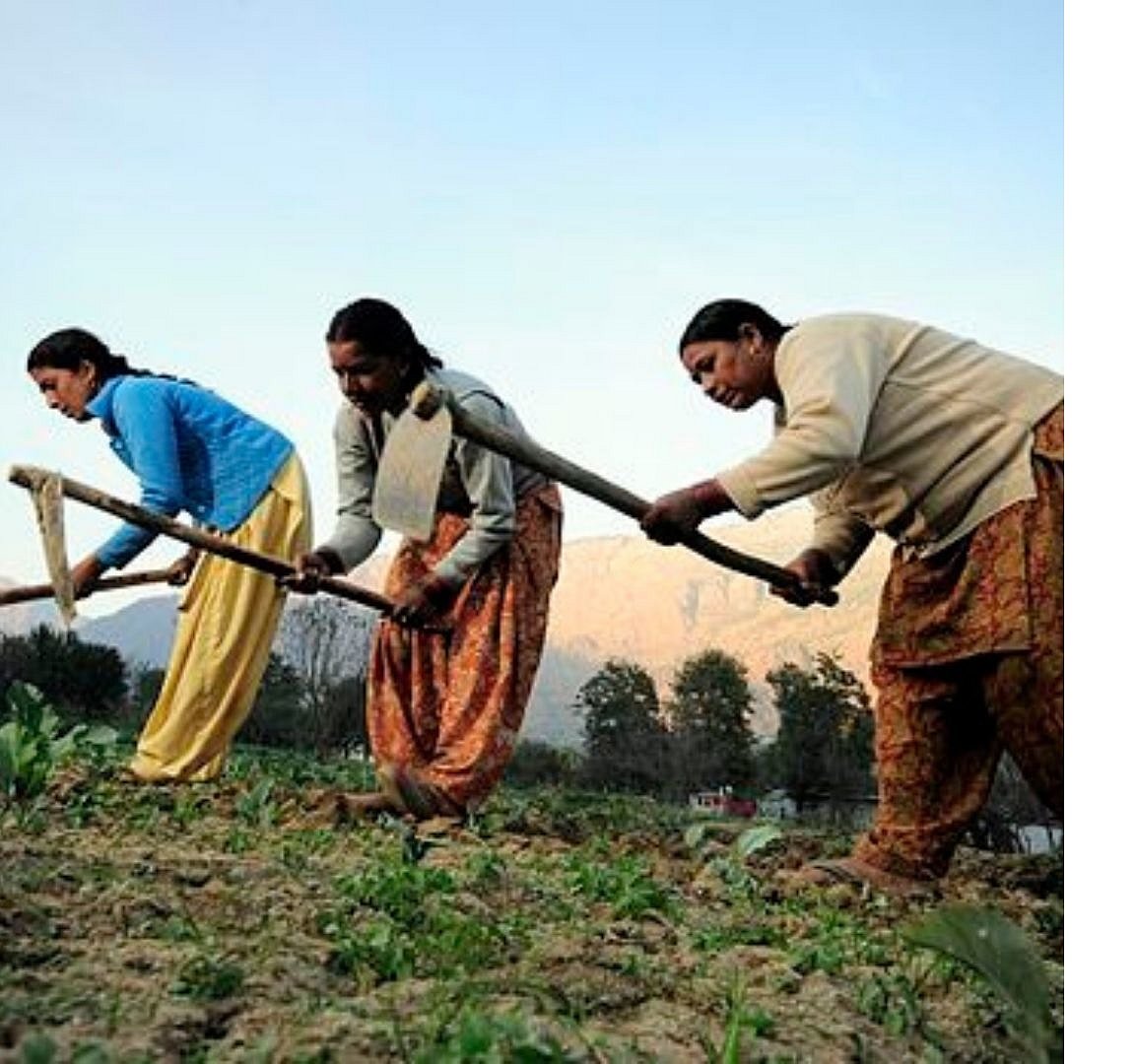Corporate farming, a term frequently heard in connection with the ongoing farmers’ agitation, has negative connotations and rightly so, in some cases. It conjures a vision of agriculture held hostage by big food companies, vertically and horizontally integrated from ‘farm’ to ‘fork’. In this scenario, farmers are either dispossessed or cruelly exploited by giant corporations.
Will India’s contract farming law (Farmers Empowerment and Protection Agreement on Price Assurance and Farm Services Act, 2020) lead to such a scenario? Will it allow corporates undue influence over agriculture? Like most initiatives, if properly implemented, it has great potential for good but if abused, can result in oppressive practices and environmental degradation.
As the term implies, contract farming involves an agreement between the farmer and buyer, whereby the latter purchases the former’s produce at a pre-determined price. Typically, in order to ensure a particular variety or consistent quality of produce, the buyer will also provide ‘farm services’ like seeds and other inputs, on terms laid out in the agreement.
Mixed experience
The Indian experience of contract farming, beginning with PepsiCo in Punjab in 1988, has been mixed. For some, it’s been positive but others complain of buyers reneging on contracts. Generally, this occurs when the agreement is verbal, or the buyer claims non-compliance with agreed-upon terms, like quality standards. Farmers have also reported that contracts work well for the first few years, but malpractices creep in thereafter. The farmer then finds herself unable to enforce the contract, as the mechanism for doing so is cumbersome and expensive.
The fact is that the farmer and buyer or ‘sponsor’ are not on an equal footing, because the former does not have the bandwidth, in terms of money, time, legal resources or ‘connections’, to take on the latter.
It is vital, therefore, to ensure a foolproof written contract, weighted in favour of the farmer and an equally foolproof redressal mechanism. The law of 2020 mentions ‘third party qualified assayers to ensure impartiality and fairness’ in determining quality of produce. So, the Centre and states must draft a model agreement and the latter must make provision for cost-free e-registration, a neutral assay system and immediate settlement of farmers’ complaints.
The fact that disputes have been placed beyond the purview of the civil courts is a flaw, but the Centre has already said it will amend the law to remove the offending provision.
Land-holding safe
In no instance does the farmer stand in danger of losing her landholding to the buyer. Expropriation in any shape or form – sale, lease or mortgage – is forbidden, even if the buyer has made extensive investments in the farmer’s land. Nor can any action be taken for recovery of dues, such as advance payment or cost of inputs, against the land itself. The 2020 law also protects the farmer with a force majeure clause and provides for a penalty of 1.5 times the disputed amount on the buyer, whereas the farmer can only be asked to pay the actual cost incurred by the buyer.
From the farmer’s standpoint, a contract protects her against price volatility, thus reducing risk. The mode of determining this price must be annexed to the agreement, to ensure that buyers do not take undue advantage of the farmer. In this respect, it would certainly be useful to include a provision whereby the concerned state government is involved in price discovery. However, setting mandatory and enforceable price minimums is a slippery slope, as these determinations may be made for political reasons. This is bound to scare away potential ‘sponsors’.
Scope for abuse exists where vast tracts of land are brought under contract farming by a single entity for an extended period of time. Farmers become dependent on the entity, to the point that they have less room for price negotiation when a fresh contract becomes due. A provision for annual surveys where such instances are red-flagged and – if a certain percentage of farmers complain – investigated, may help check exploitation.
Two aspects
From an environmental perspective, contract farming can encourage crop diversification, as better prices lure farmers away from certain crops to others. On the other hand, it can also result in monocultures across villages, rendering the crop more vulnerable to pests and diseases.
Contract farming was suggested in the National Agriculture Policy of 2000 as a way to minimise risk and maximise returns for the farmer. The National Commission on Farmers also proposed contracts, subject to regulation, to ensure assured and remunerative marketing opportunities. Somehow, it has not taken off in a big way.
Maharashtra formally laid out a framework for contract farming in 2006. Farmers who took advantage of it by and large found it beneficial, but they are numerically few. The main reason cited is that retailers are reluctant to enter into long-term contracts with farmers. Besides, fragmented farm holdings do not lend themselves to bulk buying. It’s easier to ensure quality standards when a large land parcel is involved.
So, while contract farming, properly regulated, is unlikely to have an adverse effect, its intent – to ensure better price realisation for farmers – will require supportive schemes, such as those for aggregators like Farmer Producer Organisations. FPOs also level the playing field to some extent, by bringing collective negotiations and resources to bear.
The writer is a senior journalist with 35 years of experience in working with major newspapers and magazines. She is now an independent writer and author
